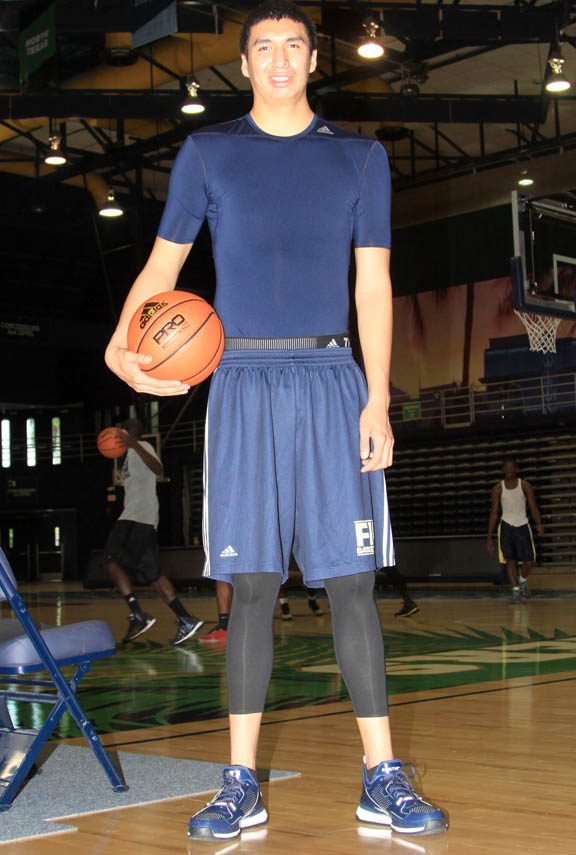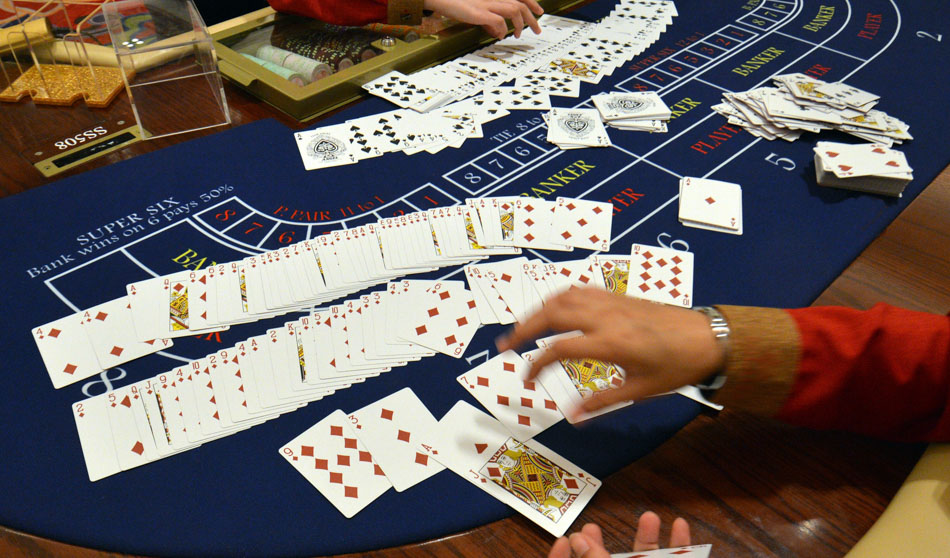Although a book titled Psychologie des sports (“Psychology of Sports”) was published in 1927 by the German psychologist Alfred Peters, the field developed slowly. The International Society of Sport Psychology was not established until 1965. At that time, research tended to focus on personality, motivation, and aggression.
Psychology of Sport Betting Sports Betting Psychology Part One – Dealing with Randomness After the positive feedback from the last series of posts (covering Value Betting), here is a brand new series looking into the important topic of sports betting Psychology. If I had a dime for every community subject I study that started out something such as “May you truly generate income betting activities?” I is the wealthiest man on the planet. Truth: If every bettor missing all the time there will be no activities betting market. It’s that simple. The basic plan any sports bettor needs to stay under control; 10 rules to follow so that you can handle any losing run Sports Betting Psychology. Whenever a discussion arises about the most important thing a beginner sports bettor should know, the popular talking points are bankroll management and betting only what you can afford to lose.

For decades, psychologists attempted to identify personality traits that distinguished athletes in one sport from those in another (and from nonathletes). Using American psychologist Raymond Cattell’s Personality Factor Questionnaire and a battery of other paper-and-pencil inventories, researchers came to contradictory results. Beyond the fact that athletes are more physically active than nonathletes and the equally obvious fact that athletes drawn to individual sports score higher on 'autonomy' and 'independence' than athletes devoted to team sports, there was little consensus on 'the athletic personality.' If one controls for social class, athletes tend to be very much like nonathletes and to be like one another.
Studies of the 'athletic personality' have become rare, but studies of motivation and of aggression have increased in number and have become increasingly multifactored and sophisticated. Early studies of motivation, often inspired by the work of American psychologists David McClelland and John Atkinson, examined the relationship between the need for achievement and the fear of failure. Female athletes proved to be a special problem. For a number of years, their lower levels of motivation were explained as a fear that athletic success came at the cost of diminished femininity. This fear was, in turn, explained as the result of role conflict. A woman’s fervent interest in sports might be perceived as an expression of a masculine nature or of lesbianism; psychological tests such as American psychologist Sandra Bem’s Sex Role Inventory routinely classified female athletes as 'masculine' because they scored high on scales for competition and aggressiveness. By the end of the century, however, in Europe and North America greater social acceptance of intensely competitive female athletes (and of lesbianism) more or less eliminated role conflict and the 'fear of success.' At the recreational level as well as at the elite level, recent studies have shown conclusively that sports participation generally leads to increased, rather than diminished, self-esteem for girls and women as well as for boys and men.

In Problem Athletes and How to Handle Them (1966), Americans Bruce Ogilvie and Thomas Tutko attempted to apply motivational principles to improve sports performance. Their widely used Athletic Motivation Inventory was designed to measure personality traits, such as leadership and mental toughness, conducive to athletic achievement. Other psychologists have explored a variety of techniques, including meditation, mental imaging, and even hypnosis, to lessen anxiety or control arousal or improve concentration. Still other psychologists have sought to enhance performance by studying the dynamics of small-group interaction and the relative efficacy of different coaching and leadership styles. Gender accounts for some of the observed differences. Although female athletes are increasingly similar psychologically to male athletes, they continue to respond more readily than men do to encouragement and to react more negatively than men do to admonition. Cultural differences, which sports psychologists sometimes neglect, are also important. Japanese athletes respond better than their North American counterparts to harsh criticism and punitive discipline. Cultural differences also play an important role when the stage is set for pharmacological intervention. The more authoritarian the culture is, the more likely it has been that coaches will demand that elite athletes use performance-enhancing drugs, such as anabolic steroids, and abjure recreational drugs, such as cocaine.
The motivation for recreational sports is unquestionably different from the motivation at the elite level. Recreational and elite athletes share a common desire to improve their skills and to win, rather than lose, a contest. Both are likely to value the social pleasures of team membership and to experience the moments of ecstatic fulfillment that some psychologists refer to as 'flow.' There are, however, important differences in the kind and in the intensity of their motivation. Material rewards figure, of course, among the motives of openly professional athletes, but, even when economic motives are not in play, elite athletes are a breed apart. They are likely to feel themselves to be representatives of their nation (or of some other collectivity). Standing on the victor’s podium and watching one’s national flag rise to the strains of one’s national anthem can motivate as strongly as the prospect of signing a million-dollar contract (and the first frequently leads to the second). When inspired by a combination of economic and representational motives, elite athletes can reach almost unimaginable levels of athletic performance, but they are also liable to develop a win-at-all-costs attitude that motivates them to use performance-enhancing drugs, to commit intentional fouls, and to risk lifelong physical disability by 'playing hurt' (continuing to compete despite a serious injury).
This disregard for one’s health is perhaps the most important motivational difference between the elite and the recreational athlete. For the latter, a principal motive for sports participation (and for visits to an aerobics class or a fitness centre) is a desire to improve one’s health and to shape one’s body into closer conformity to contemporary ideals of physical attractiveness. For the former, the physical self is frequently jeopardized and sometimes sacrificed on the altar of sports success.
Sports spectators have also been the focus of a great deal of psychological research. Despite the 19th-century code of impartial good sportsmanship, spectators do strongly identify with athletes whom they see as representatives of their race, religion, national state, ethnic group, city, or school. American psychologist Daniel L. Wann has shown, among other things, that knowledge about the sport correlates strongly with the intensity of this identification. The fans’ behaviour varies in response to winning and losing. When their team wins, fans refer to 'our victory' and wear the sweatshirts that identify them as loyal supporters; when their team fares badly, fans tend to doff the sweatshirts and to complain about 'the team’s loss.' (Similarly, studies have demonstrated that winning athletes tend to attribute their success to their own superior skills, while losing athletes tend to attribute their failure to bad luck or to their opponents’ unfairness.)
Sometimes fans do more than complain. In the 1960s and 1970s, there was a dramatic increase in violence committed by sports spectators. Most of the research on this phenomenon has been done by Eric Dunning of Great Britain and other sports sociologists, but a number of social psychologists have also studied sports-related aggression. Behind their research lay a question: Is aggressiveness innate, as Sigmund Freud insists, or is it learned, as American psychologist Albert Bandura (among others) argues? If the former, sports spectators may experience a 'safety-valve' catharsis, thanks to which the propensity to commit acts of aggression is diminished; if the latter, sports spectatorship may actually increase aggressiveness. Experiments conducted with an apparatus originally designed by American Arnold Buss measured the level of electric shock subjects were ready to administer to another person. Subjects who had watched a sports event on film were willing to administer higher levels of shock than subjects who had seen a travelogue or some other nonviolent film. These experiments, in conjunction with paper-and-pencil tests and the obvious fact that sports-related riots commonly occur after (rather than before) a contest, proved conclusively that sports spectators do not experience a 'safety-valve' catharsis. After leaving the venue or turning off their television sets, they are more, rather than less, prone to violence than they were before the contest began. Sports psychology leads to the odd conclusion that sports may be good for athletes and bad for spectators.
 Allen Guttmann
Allen GuttmannSports Betting and the Psychology Behind It
Sports betting is a fun pastime that has been around for hundreds of years and Kiwis are huge fans. It is regulated under laws in various regions of New Zealand to help curb irresponsible sports betting within illegal environments and even though some fall prey to the addiction, the thrills of sports betting have had great payoffs with huge monetary gain for many.

The sports betting industry is huge in New Zealand since the country itself is sports driven. Since the internet brought about online sportsbooks and the ability to follow and bet on just about any sport or sporting event in the world, the industry has grown even bigger.
Sports betting at popular NZ mobile betting sites is not a pastime that should be taken lightly, it needs a lot of thought and knowledge for it to result in a success.
Psychology of Sports Betting Explained
The psychology behind sports betting plays a huge role from both the sportsbooks side and the bettor’s side. The odds laid out in the point spreads will never be a sure thing and if they were then there would be no thrill of the risk involved.
Online sportsbooks must also make a profit but by being fair to bettors and not misleading them with the wrong information.
The odds produced are based more on public perception than what the results will definitely be. They fill the void between the levels of talent of the two opposing teams to make bettors see more equality between the two opposing teams.
The aim is to decipher what the difference between what the results should be versus what the results can be. Better performing teams will typically beat poorer performing teams but this does mean that they will necessarily have the appropriate odds on the point spreads.
Psychology Of Sports Betting
Psychological Mind-set for Better Betting
There is not one personality type that is attracted to sports betting. In fact, many different types of people around New Zealand and the rest of the world enjoy betting on various sports. Even though psychology plays an important role in successful sports betting, there are ways in which all types of bettors can train themselves to be as successful as possible.
The main trick is to always remember that there will be wins and there will be losses. There will also winning streaks and losing streaks which should never be chased.
Psychology Of Sports Gambling Research
There is no guarantee that winning streaks will last or that losing streaks will result in a win eventually. It is quite important to not get too emotionally charged by either a win or loss because the emotions involved directly influence further bets.
The risk is the major thrill and attraction of sports betting and Kiwi bettors truly can have a ball betting at reliable online sportsbooks. The key is to keep a record of all bets, wins and losses and to maintain management of the betting bankroll.
Sticking to a budget may be the key to balancing wins and losses and with extra money to bet as much as possible, major wins have a better chance of coming to fruition.
